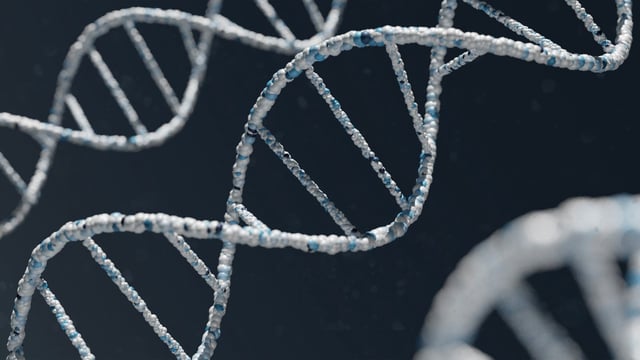Overview
- A team led by Yanchang Wei at Shanghai Jiao Tong University injected two sperm genomes into enucleated eggs and used epigenome editing to target seven imprinting control regions
- Two of 259 implanted embryos matured into healthy adult males that subsequently fathered normal-appearing offspring with female partners
- The findings confirm genomic imprinting as the primary developmental barrier to uniparental mammalian reproduction and show it can be bypassed through precise epigenetic reprogramming
- The overall survival rate remains below 1 percent and depends on egg donors and surrogate mothers, making the method impractical for human application today
- This approach modulates methylation patterns without altering DNA sequences, distinguishing it from earlier genetic modification attempts that yielded infertile or unhealthy mice



